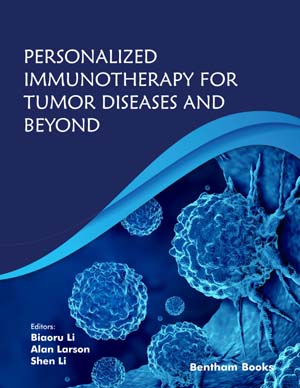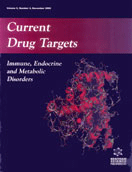Abstract
When primary-cells, including non-genetically modified and genetically modified T-cells to produce a special substance, are infused into patients, these performances would be defined as cell therapy. An excellent cell performance with its optimal proliferation for cell therapy should maintain its functional feature and efficacy in vivo with ethical acceptance and safe application. Because the efficacy of cell therapy maybe will be decreased in vivo special microenvironment after infusion, moreover, because cell therapy with these genetically modified T-cells would be faced by a safe challenge in clinics, a functional induction/inhibition of some genes’ expressions used in T-cell growth without genetic modification has been increasingly studied. Here, T-cell therapy based on system biology for an induction/inhibition of special function and maintaining a special function in vivo microenvironment is called as functional cell therapy. Nowadays, following research and development (R&D) of T-cell proliferatively engineering techniques and system modeling by this computational simulation performance, the novel techniques of T-cell culture based on genomic analysis and supported by system biology will be increasingly studied for adoptive T-cell therapy so that oncologists can safely and effectively utilize the new strategy for personalized immunotherapy.
Keywords: CD8+cells, Gene expression signature (GES), Heterogeneous responses, Network, Personalized immunotherapy, Quantitative pathway, Tumorinfiltrating lymphocytes (TILs), Tumor microenvironment (TME).






















